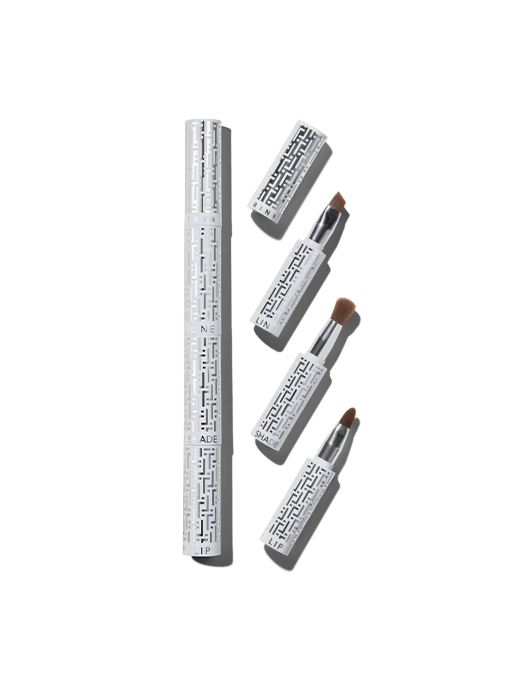
T-Kit
Portable, stackable, travelling 3-in-1 brush set
Choose 3 free samples with every order

In the age of so-called “clean” beauty, the word synthetic has become something of a dirty word compared to natural. Synthetic ingredients and fibres (like those used to create makeup brushes) are by their very nature imitations of the real deal, but that doesn’t mean they’re second rate. In fact, they’re quite the opposite.
Synthetic materials also allow us to create things for purpose, in a way that’s bigger and better than nature provides. For example, we know that makeup brushes don’t grow on trees, and synthetic brushes have been tailor-made to ensure they deliver a satisfyingly streak-free finish and are resilient enough to withstand daily use.
There are ethics around natural brushes to ponder too. For most people to consider a product as natural, elements of it need to have come from the earth. And while on first glance that makes natural products feel planet-friendly, there is an impact on aspects of agriculture, like animals and farming, to create them. This raises questions around the ethics of animal welfare and sustainability when it comes to producing natural products. Synthetic brushes may come from man-made fibres, but if they work and last well, their longevity can offset worries around sustainability. It’s a little bit like the fast fashion dilemma. Only invest in quality clothing that you love and you’ll naturally buy less.
There are a number of reasons why synthetic makeup brushes have the upper hand over natural makeup brushes.
Think about how much your hair is able to absorb, especially if it’s on the thick side. Natural hair can soak up water and hair products like a greedy little sponge. This is because it’s porous, and has gaps in the cuticle through which moisture can be drawn in and held onto. Natural hairs used for makeup brushes have the same ability, which makes them prone to absorbing liquid and cream makeup. This means firstly that product is wasted as it’s sucked into the hairs, and secondly that you’re more likely to get a cakey finish as the bristles are packed full of product. As synthetic hairs aren’t real, the bristles don’t have a cuticle – negating the problem.
Unlike natural bristles which can have a mind of their own, synthetic bristles naturally gravitate towards each other. With every hair working together in tandem, instead of crisscrossing, the result is a smooth, streak-free application. Picture it like a shop during the sales, if everyone is queuing calmly for the till and changing room, it will be a much smoother shopping experience than unorganised chaos of people moving in different directions.
Ever looked in the mirror after being caught in the rain and wondered what on earth has happened to your hair? We’ve all been there. Natural hairs can lose their shape after being washed, much like your sleek blow-dry post unexpected downpour. Synthetic makeup brush bristles, however, stay well-packed and uniform after washing your makeup brushes. Although, for best results, make sure the ends are slightly elevated when drying, with the brush head pointing downwards. Popping the brush guards back on when drying will help keep them at their best too.
Much like the hair on our heads, natural hairs in makeup brushes are not very resilient, making them prone to damage from things like heat, product and over-washing. Synthetic hairs have been designed and developed especially for this purpose, meaning they are better able to deal with things like regular washing (which is necessary to keep bacteria at bay) without becoming damaged. Brushes we don’t have to replace as regularly? Sign us up.
Many of us might baulk at the idea of wearing fur, but have no idea what our makeup brushes are made from. Natural makeup brushes can have gained their bristles from many different types of animal (or a blend of more than one) but among the most common are squirrel, mink, horse and goat. The practises by which these hairs are obtained rarely makes for comfortable reading, making synthetic brushes the better choice.
Shop the article

Portable, stackable, travelling 3-in-1 brush set
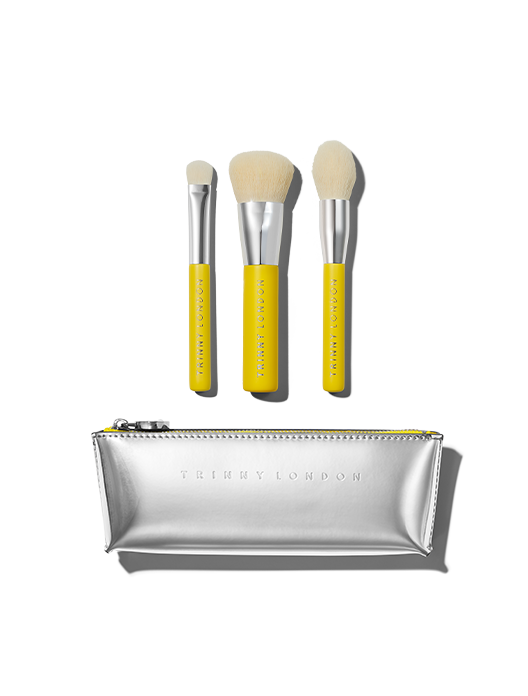
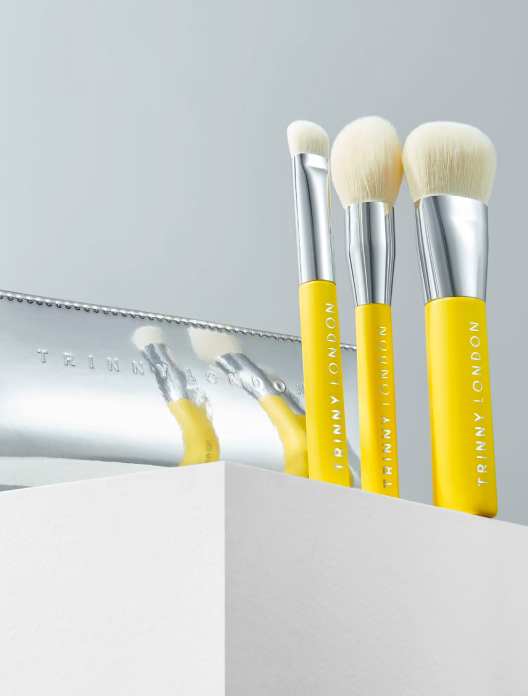
All three of our essential T-Brushes in the Platinum Elizabeth bag worth $28
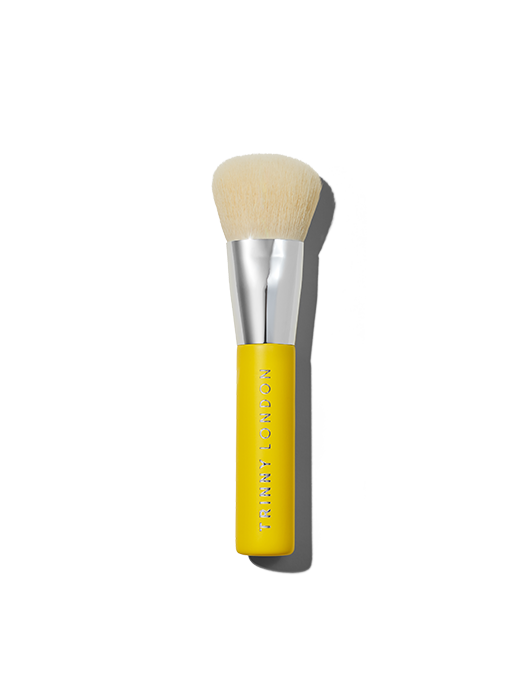
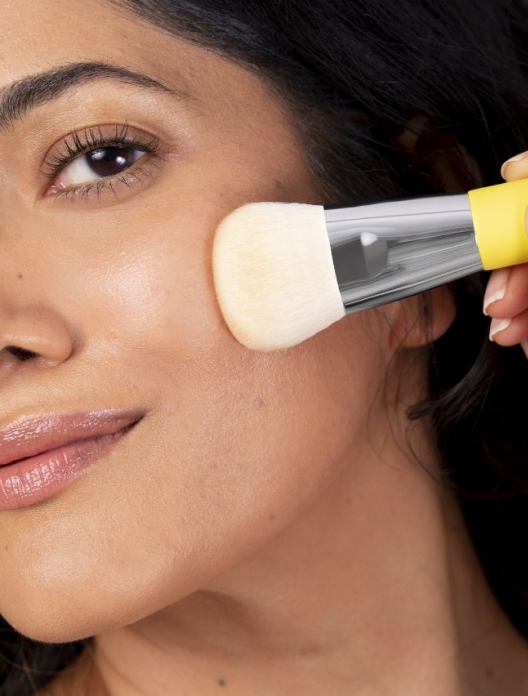
Dome-shaped, base-perfecting brush for a seamless finish
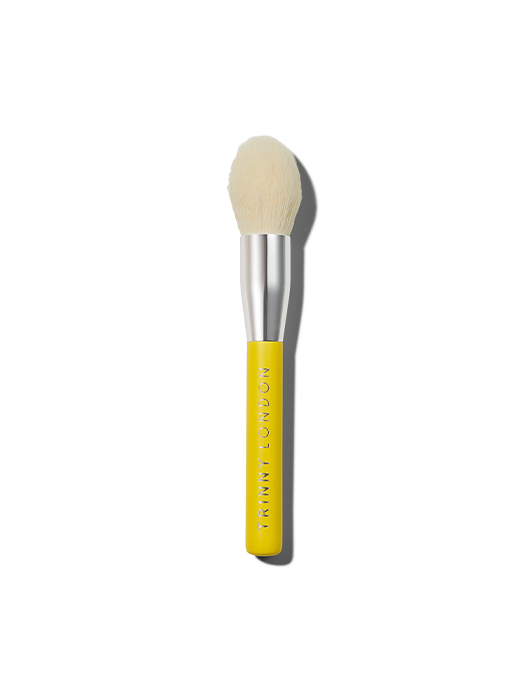
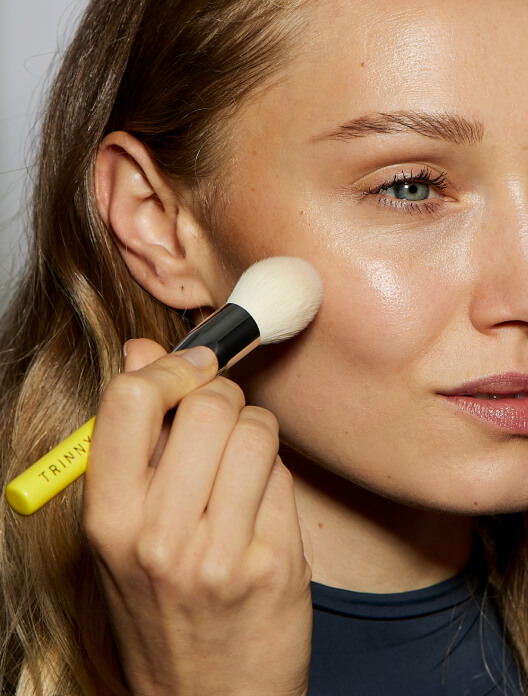
Subtly tapered brush for diffused colour and a fresh-faced glow
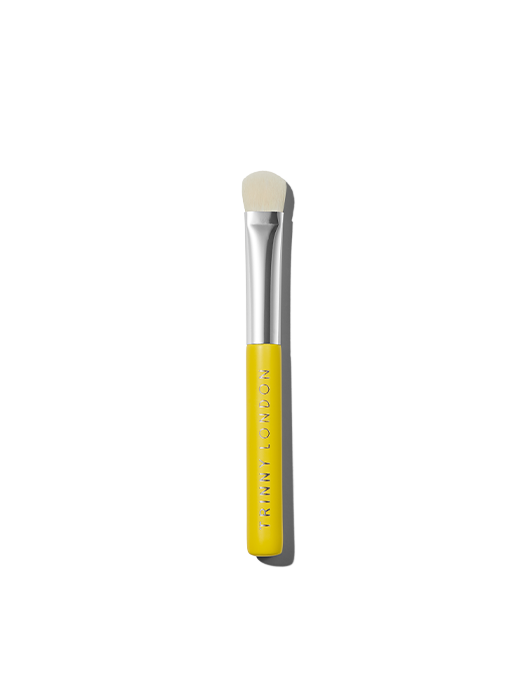
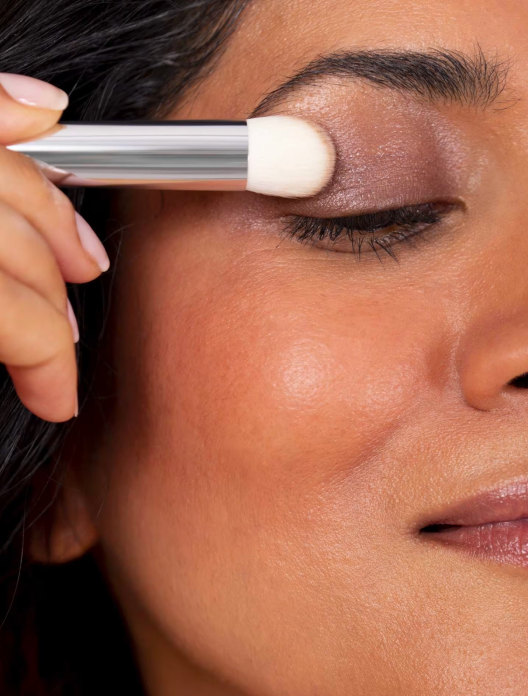
Multitasking slanted brush for effortless concealing and blending